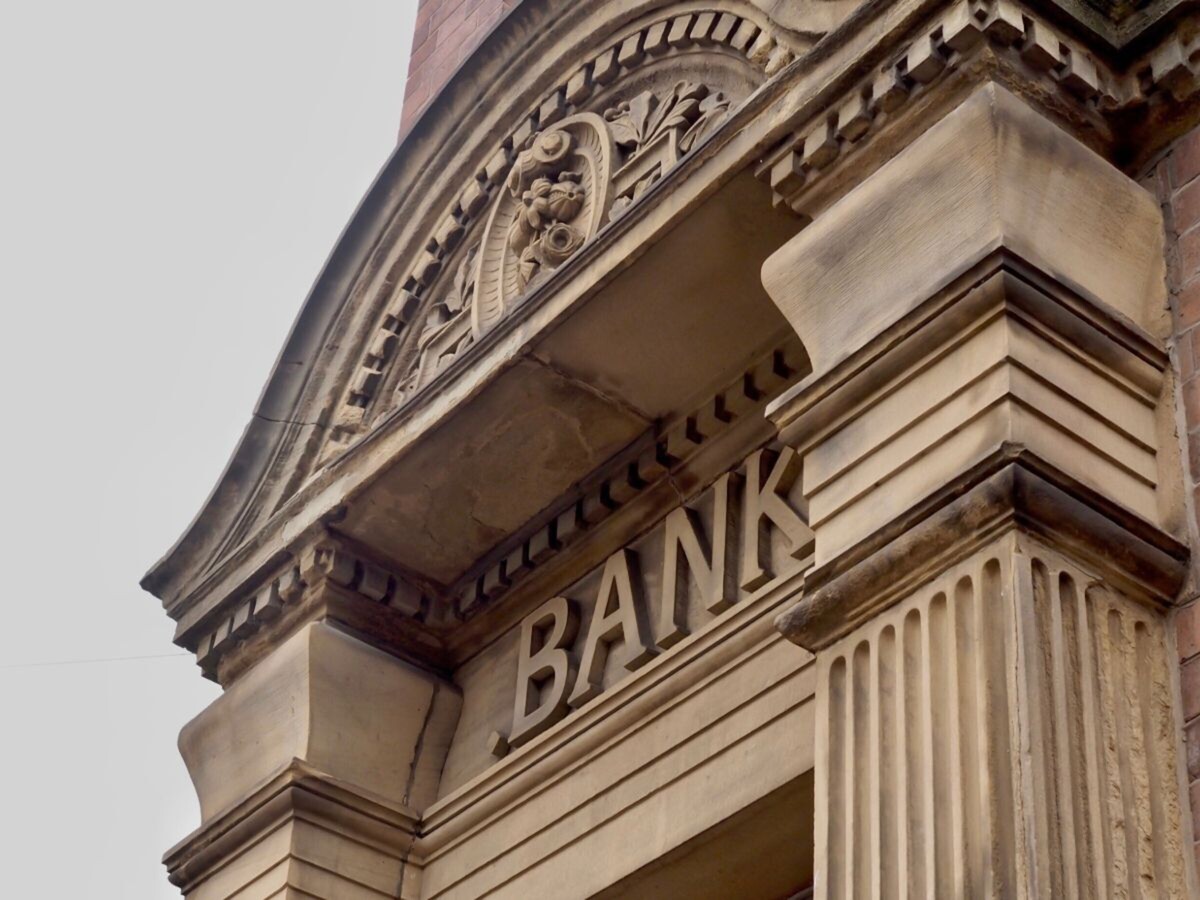Image


NEW JERSEY – In an ambitious step towards financial innovation and community empowerment, the New Jersey Public Bank Implementation Board has officially submitted its comprehensive recommendations for the establishment of a New Jersey public bank to Governor Phil Murphy. This initiative draws inspiration from the long-standing success of the Bank of North Dakota, the United States' sole state-owned bank since 1919, and aims to replicate its community-centric financial model on the East Coast.
Public banks, government-owned entities, have played pivotal roles in economies worldwide, from Canada to Chile to American Samoa. The Bank of North Dakota stands as a testament to the benefits of such institutions, emerging from a grassroots movement by farmers seeking fairer financial treatment and evolving into a cornerstone of state economic development, leveraging taxpayer revenues for local projects.
The New Jersey initiative seeks to forge a new path in public banking by creating a state-funded and partially state-controlled community development bank. This entity aims to accelerate investments in underserved communities, focusing on impactful capital deployment without the primary goal of profit. Instead, it will utilize patient capital from state and philanthropic sources, aiming to attract private capital over time to reduce reliance on state funding.
Acting Commissioner Justin Zimmerman, chair of the New Jersey Public Bank Implementation Board, expressed pride in the board's recommendations, which envision a bank that would operate independently from existing state agencies, emphasizing collaboration over competition with existing financial institutions. This approach is designed to complement, not replicate, the services provided by private banks and credit unions, focusing on areas where traditional lenders may be hesitant to venture.
The proposed public bank would not function as a depository institution, sidestepping the stringent liquidity requirements that typically apply to such entities. Instead, it aims to source funds from a variety of investors and investment vehicles, channeling these resources into projects that bolster local economies and address critical needs in affordable housing, infrastructure, and early childhood education.
The Bank of North Dakota's model, which partners with private banks to share risks and extend loans for student education, economic development, and more, serves as a guiding example. This model has not only proven financially successful but has also contributed to the state's general fund, helping to lower tax rates for residents.
New Jersey's public bank initiative is not without its challenges, notably the need to navigate the complexities of public funding and the potential for political pressures. Yet, the vision shared by the board and Governor Murphy is clear: to create a financially sustainable institution that prioritizes social and economic benefits for New Jersey residents over profits.
As the state moves forward with this groundbreaking initiative, the creation of the New Jersey Social Impact Investment Fund (SIIF) marks a preliminary step toward addressing investment gaps through a temporary financing structure. With $20 million in seed funding, the SIIF is poised to make below-market-rate investments in areas critical to New Jersey's future.
The recommendations put forth by the New Jersey Public Bank Implementation Board lay the groundwork for a financial institution that promises to redefine the relationship between public funds and local development. By focusing on collaboration with existing financial entities and prioritizing investments with social benefits, New Jersey stands at the forefront of a movement that could inspire similar initiatives across the nation, aiming to transform public finance into a tool for local empowerment and equitable growth.